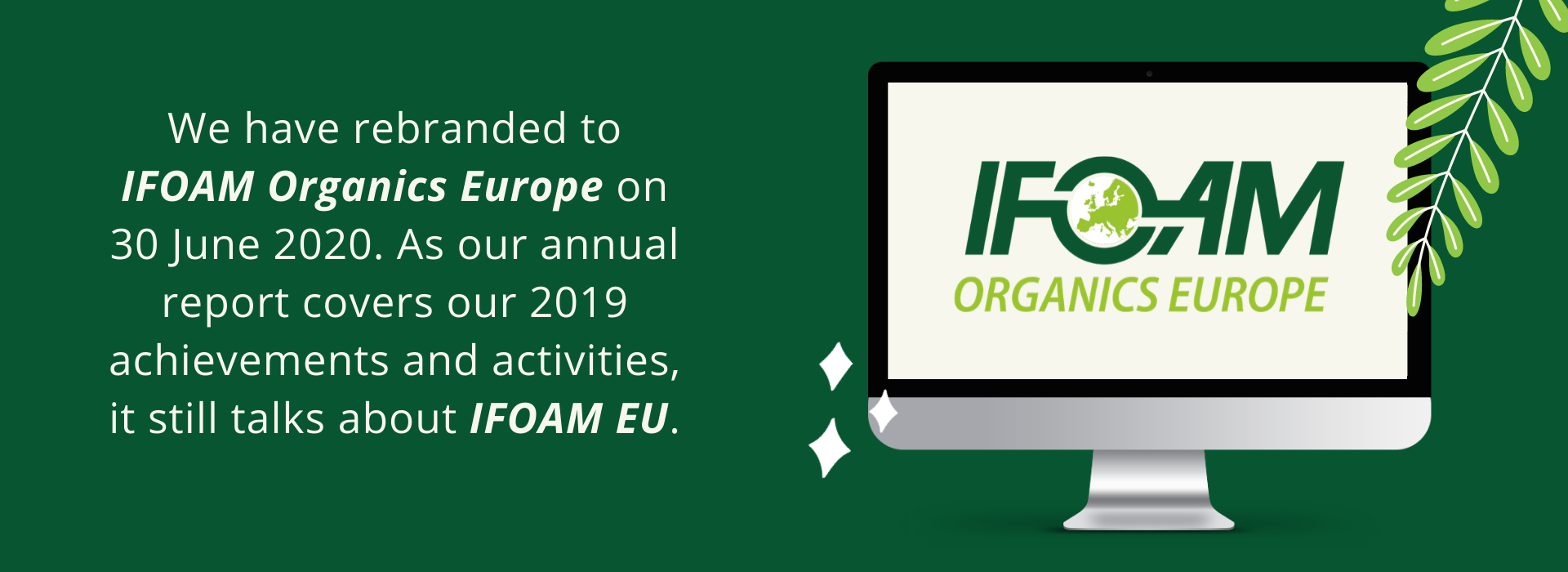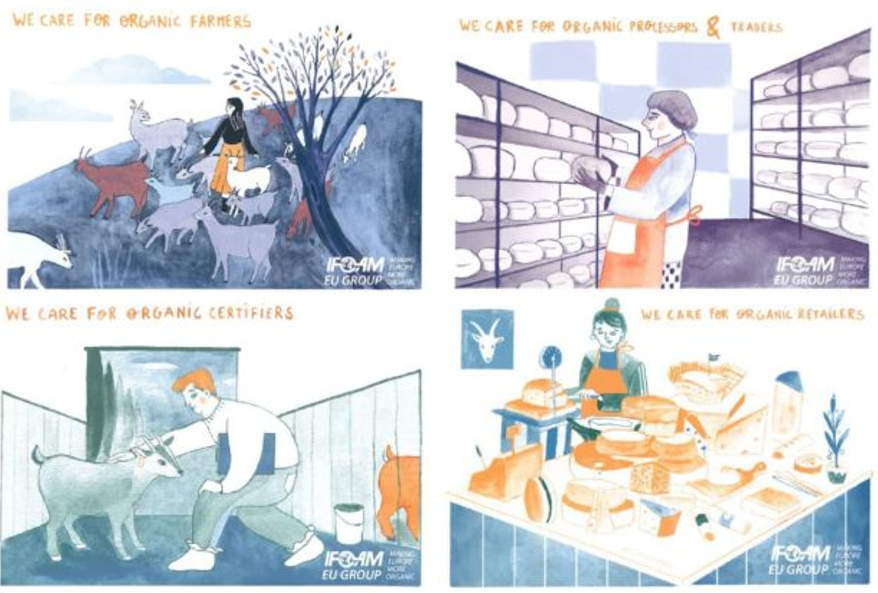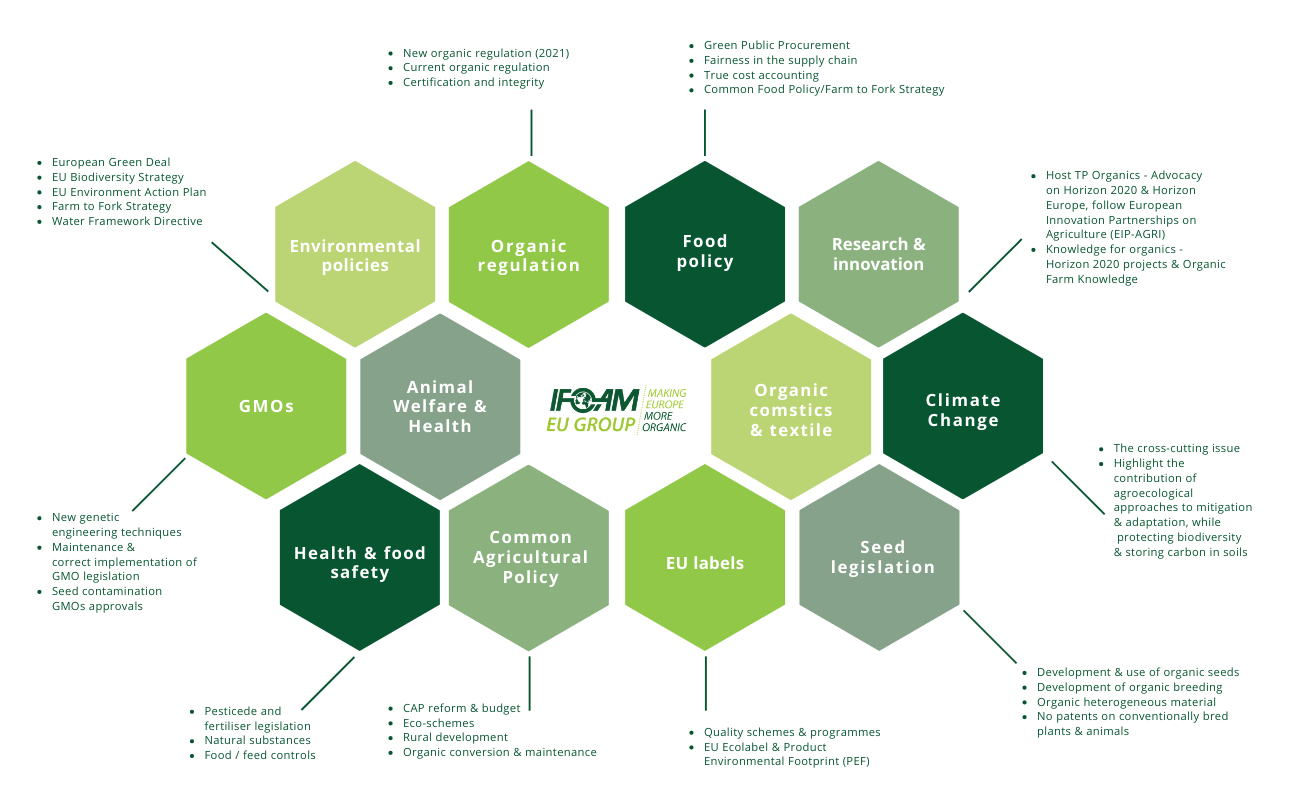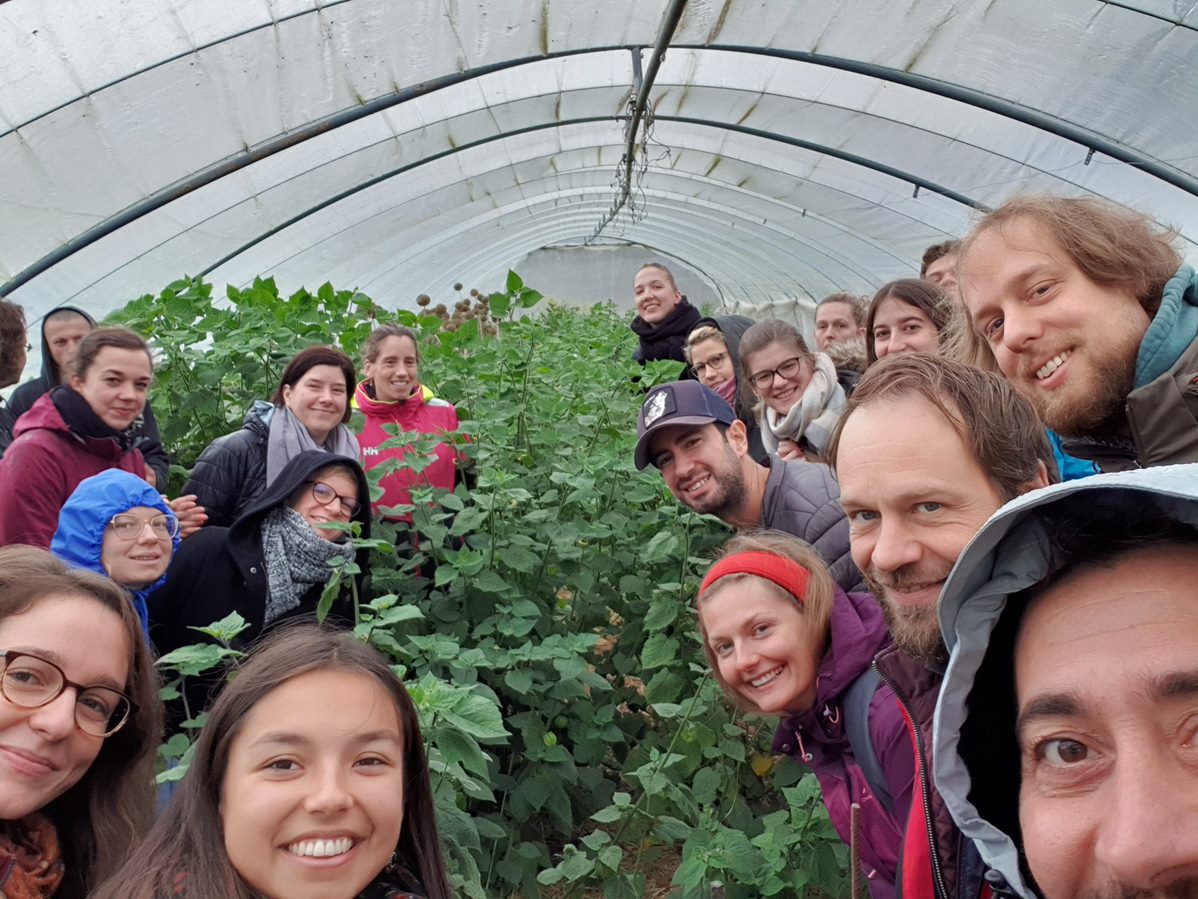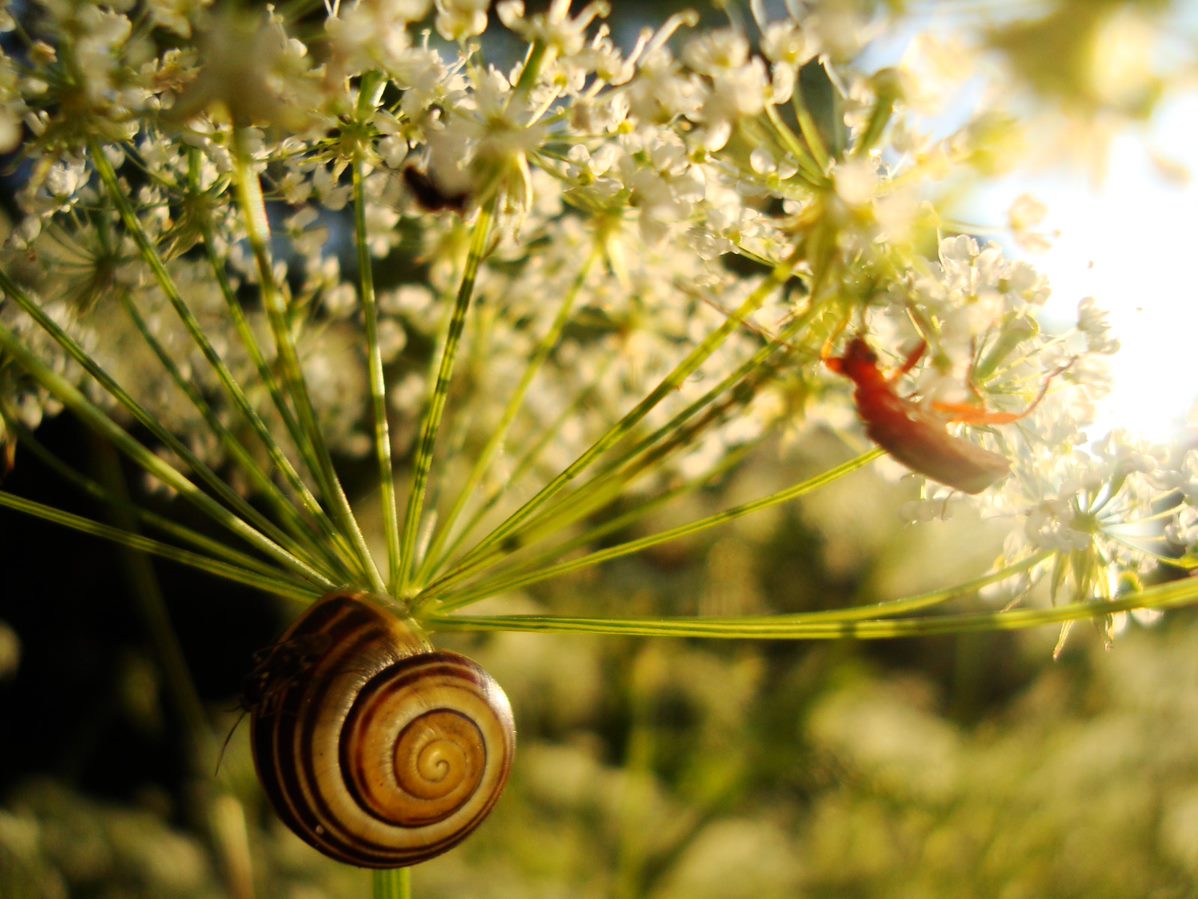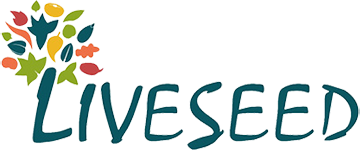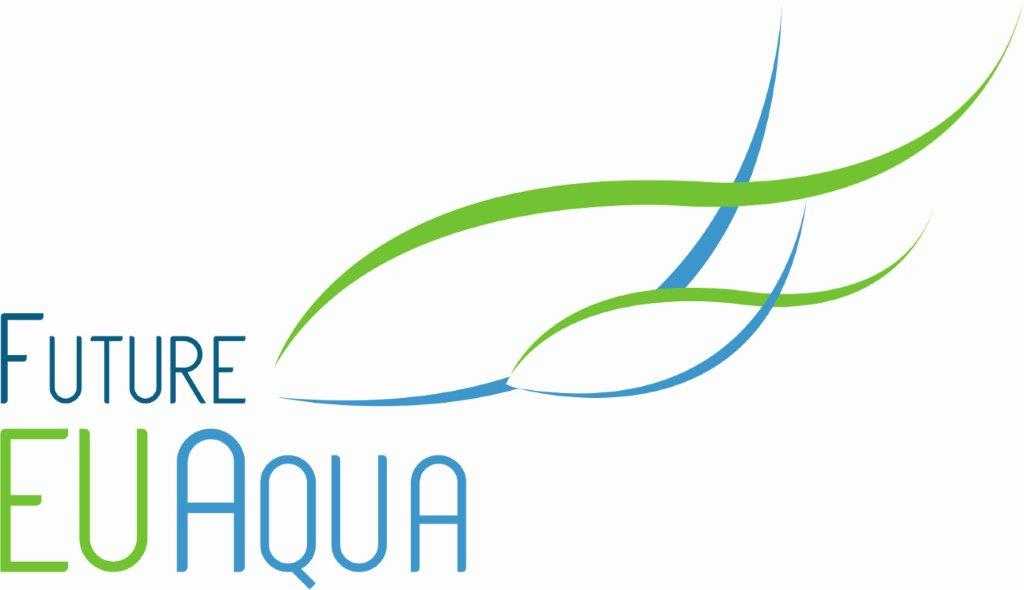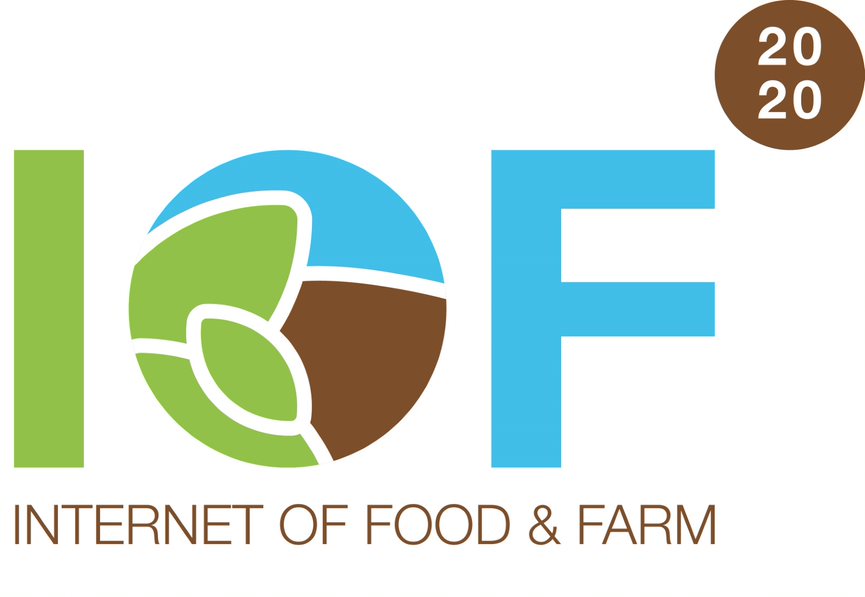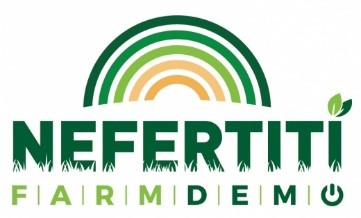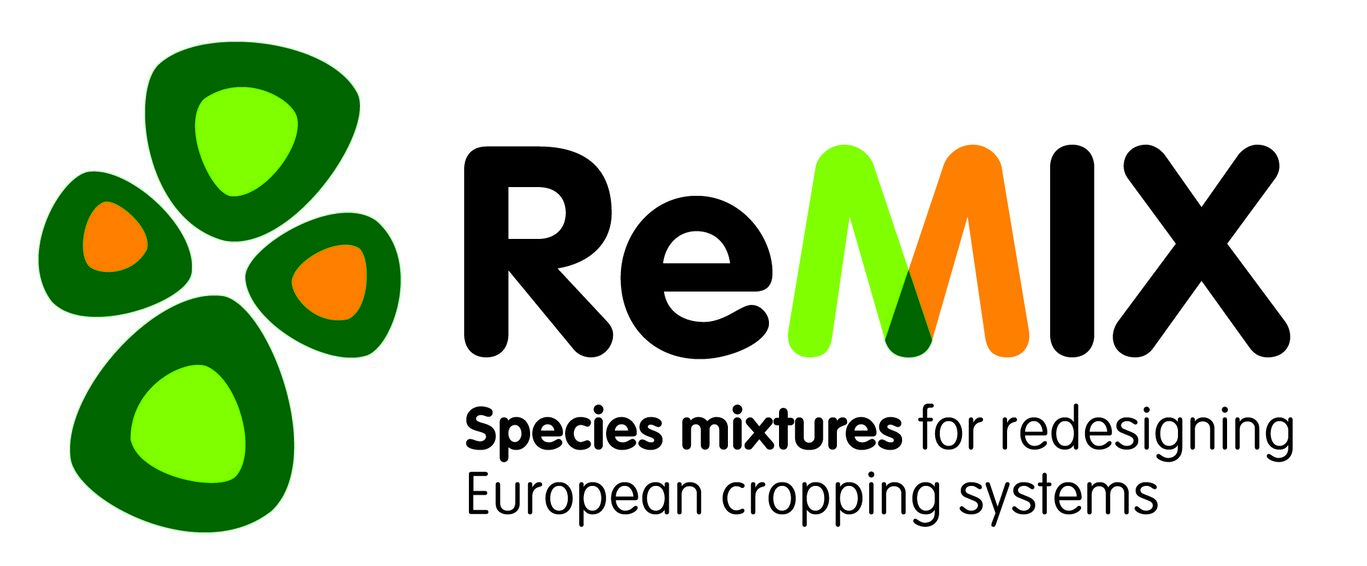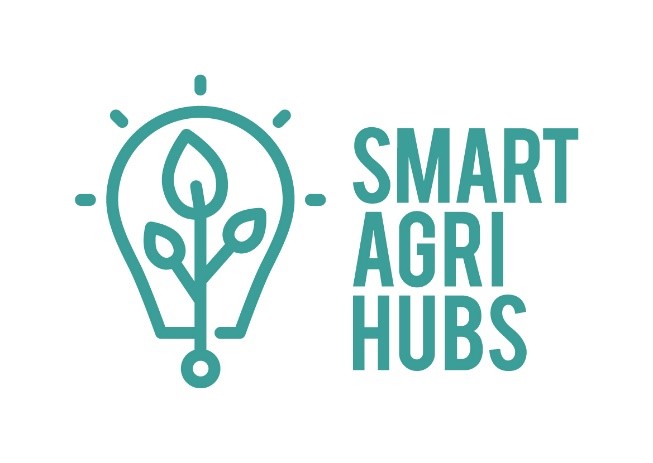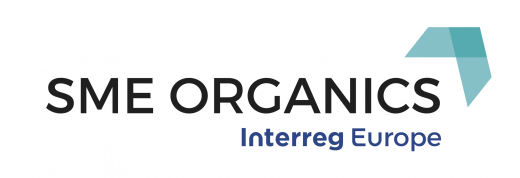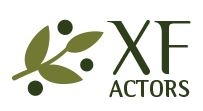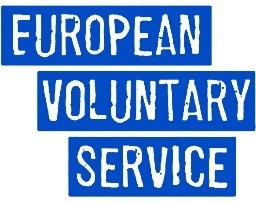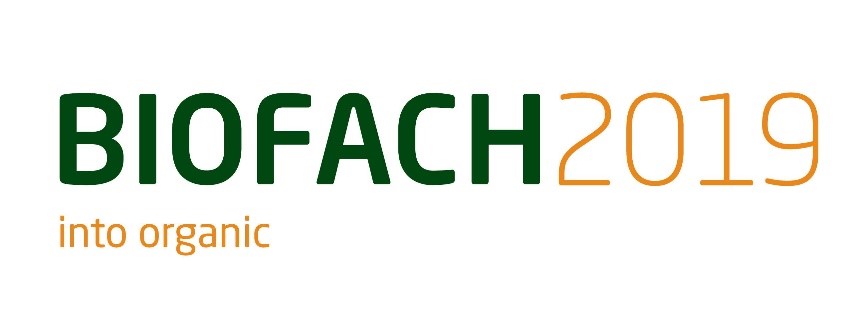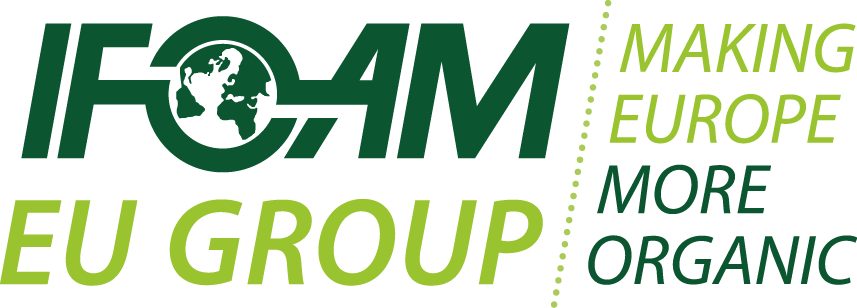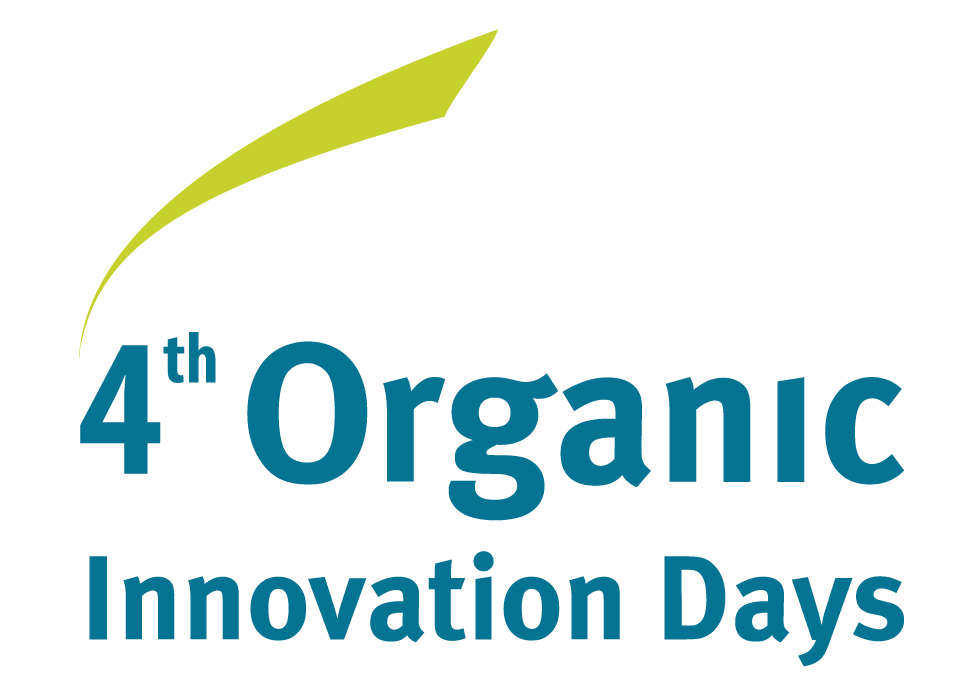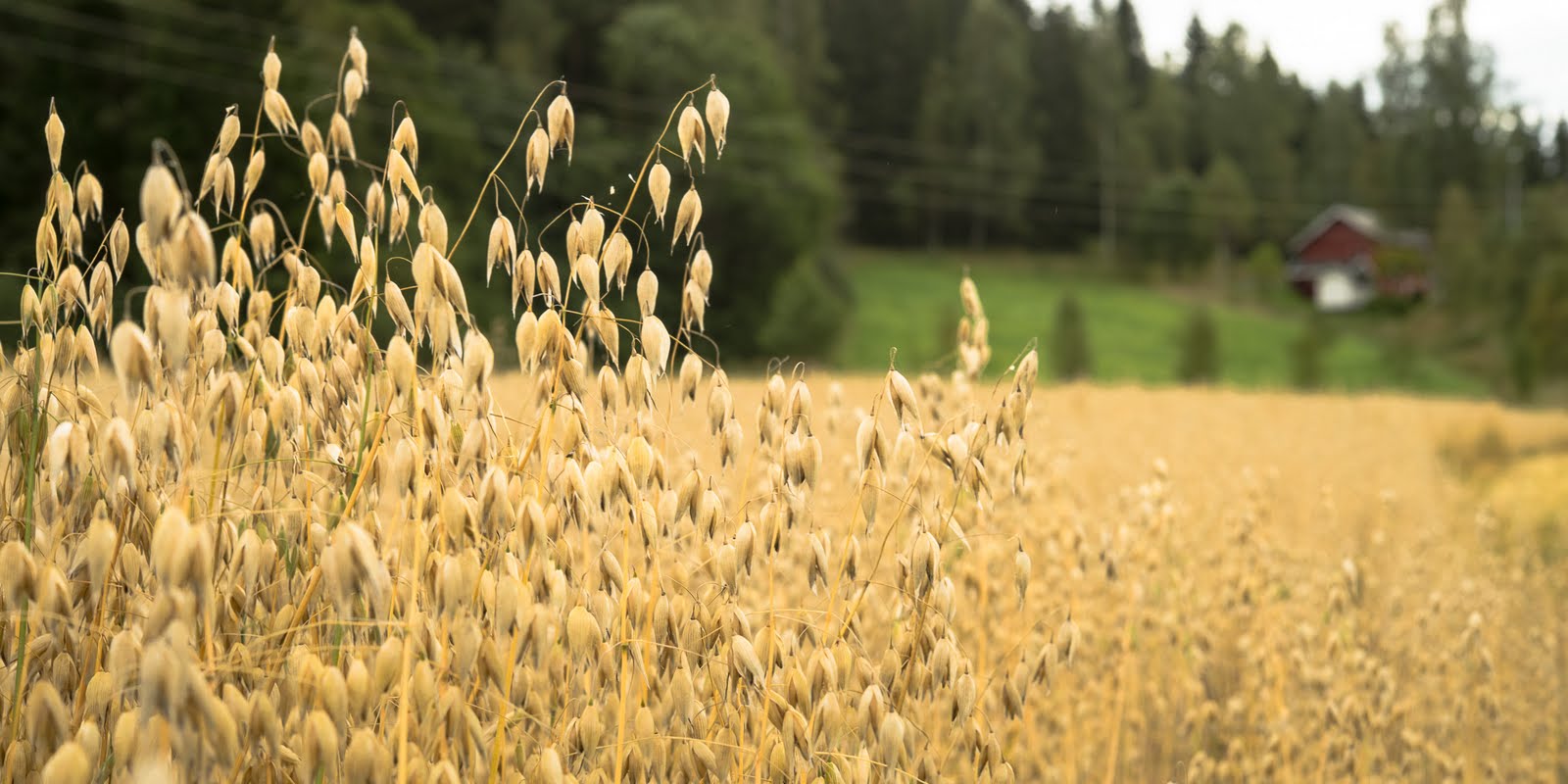Who we are 
Our members
Members
IFOAM EU is a membership-based organisation representing 200 members in 34 countries. Working closely with our members, we ensure our positions reflect the day-to-day business of organic farmers, processors, certifiers, retailers, and other practitioners across Europe. We represent our members as one voice of organic food and farming vis-à-vis the institutions on the European level. Thanks to our close ties with key agricultural, environmental, and technical decision-makers at local, regional, national, and European level, the European institutions recognise IFOAM EU as the leading advocate for and voice of organic food and farming in the EU.
Discover which members are already contributing to making Europe more organic!
Are you interested in becoming a member of IFOAM EU to ensure your voice is heard? Email [email protected] for more information on how you can become a member!
In 2019, IFOAM EU represented more than 214 members in 34 European countries:
Austria, Belgium, Bulgaria, Croatia, Cyprus, Czech Republic, Denmark, Estonia, Finland, France, Germany, Greece, Hungary, Iceland, Ireland, Italy, Latvia, Lithuania, Luxemburg, Malta, Moldova, Netherlands, Norway, Poland, Portugal, Romania, Russia, Slovakia, Slovenia, Spain, Sweden, Switzerland, Ukraine, United Kingdom.
Interest groups
- Interest Group of Organic Farmers: the IGOF gathered 28 farmers in Finland in November. In 2019, some of the group’s major outcomes included input for reports and legislations, such as a high number of CAP positions, proposed amendments and the new Organic Regulation implementation, as well as the report on Eco-Schemes, the debate on digitalisation and a scoping paper on biodiversity.
- Interest Group of Organic Processors: the IGOP had two physical meetings, in Brussels and Helsinki, alongside three online E-IGOP meetings. The group prepared five letters on cleaning and disinfectants, Annex IX, food processing in the new Organic Regulation, using of vegetable carbon and carnauba wax. They also formulated a reply to a public consultation on the Product Environmental Footprint (PEF). The group also met at the annual ‘IFOAM EU meets business’ event in December 2019.
- Interest Group of Organic Retailers: the IGOR assembled in Paris and Berlin for two physical meetings, where they visited specialised organic shops. They also met virtually for an E-IGOR. The group worked on a study on taxation as a tool towards true cost accounting, exchanged best practices and country reports, and is working on a position paper on specialized organic retailers.
- Interest Group of Organic Certifiers: the IGOC was established in 2019 and had its kick-off meeting in Brussels on 26 Sept 2019 – attended by more than 30 participants. In 2020 they will form a steering committee to guide the group’s work – including preparing discussion papers on the future of certification, integrity of the supply chain and the role of private standards in certification and integrity.
Working groups
Our working groups formulate positions, highlight important developments and advise IFOAM EU’s Board and Council. They regularly exchange on topics relevant to their areas of expertise:
- IFOAM Aquaculture Forum – EU coordination
- Central and Eastern Europe Expert Group (Capacity Building)
- European Organic Comms Hub
- Expert Group on Plant Protection Products and Fertilisers
- Expert Group on Seed
When political developments and developments within the movement call for it, we set up task forces with members that have excellent knowledge on the topics. In 2019 we had task forces on:
- Climate Change and Biodiversity (established in 2019)
- New Genetically Modified Organisms (GMOs) (established in 2019)
- Cosmetics
- Implementation of the new regulation
- Textile
The topics we work on
Our team





The projects we are part of
The projects we coordinated in 2019
- What? Strengthen GMO-free production by organising and supporting the organic movement developing practical strategies to remain GMO-free.
- When? 2014 – 2020.
- Who? Organic and non-GMO stakeholders, NGO representatives and EU regions working on food production and prevention of GMO contamination.
- IFOAM EU’s role? Project coordinator.
- Funding? Co-financed by the LIFE programme, and project partners BioSuisse, DO-IT, Rapunzel, RDV Products, Software AG Stiftung, Vivi Verde Coop Italia, Fondation Salvia.
- What? Improve transparency and competitiveness of the organic seed and breeding sector, encourage greater use of organic seed.
- When? June 2017 – May 2021.
- Who? 50 partners from 18 European countries.
- IFOAM EU’s role? Project coordinator and involvement in several tasks, like organising national visits to better understand the use of organic seed in different Member States and workshops to find ways for improving the use of organic seed.
- Funding? Horizon 2020, the EU’s Research and Innovation programme.
- What? Help farmers, breeders and the organic feed processing industry achieving 100% use of organic, regional feed for monogastrics.
- When? January 2018 – December 2020.
- Who? 19 partners from 11 European countries.
- IFOAM EU’s role? Project coordinator, communication and dissemination.
- Funding? Horizon 2020, the EU’s Research and Innovation programme.
The Horizon 2020 and Interreg Europe projects we contributed to in 2019
- What? Strengthen the competitiveness of European organic fruit production through strong knowledge networks.
- When? November 2019 – October 2022.
- Who? 15 partners from 11 European countries.
- IFOAM EU’s role? Knowledge transfer and dissemination.
- Funding? Horizon 2020, the EU’s Research and Innovation programme.
- What? Strengthen EU agricultural knowledge by co-creating “the network to connect all Thematic Networks”.
- When? January 2019 – December 2020.
- Who? 17 partners from 10 European countries.
- IFOAM EU’s role? Report on similar existing initiatives, capacity building through cross-exchange visits, networking as well as communication and dissemination.
- Funding? Horizon 2020, the EU’s Research and Innovation programme.
- What? Promote sustainable growth of environmentally friendly organic and conventional aquaculture of major fish species and low trophic level organisms resilient to climate change.
- When? October 2018 – September 2022.
- Who? 32 partners from 9 European countries.
- IFOAM EU’s role? Training and capacity building as well as communication and dissemination.
- Funding? Horizon 2020, the EU’s Research and Innovation programme.
Internet of Food and Farm (IoF) 2020
- What? Promote the uptake of Internet of Things in the European food and farming sector.
- When? 2016 – 2020.
- Who? More than70 partners from 14 European countries.
- IFOAM EU’s role? Ensure organic is represented and organic innovative practices are included.
- Funding? Horizon 2020, the EU’s Research and Innovation programme.
- What? Network of European demonstration farms enhancing cross fertilisation and innovation uptake through demonstration.
- When? January 2018 – December 2021.
- Who? 32 partners from all over Europe.
- IFOAM EU’s role? Deputy network leader in two organic networks: arable cropping and livestock.
- Funding? Horizon 2020, the EU’s Research and Innovation programme.
- What? Develop and facilitate tools and technologies to improve inputs considered ‘contentious’ in organic farming systems.
- When? May 2018 – April 2022.
- Who? 32 partners from all over Europe.
- IFOAM EU’s role? Communication and dissemination as well as coordination of the science-practice-policy dialogue.
- Funding? Horizon 2020, the EU’s Research and Innovation programme.
- What? Use the benefits of species mixtures to design more diverse and resilient arable cropping systems.
- When? May 2017 – April 2021.
- Who? 23 partners from 13 European countries.
- IFOAM EU’s role? Knowledge transfer and dissemination towards stakeholders and policy-makers.
- Funding? Horizon 2020, the EU’s Research and Innovation programme.
- What? Realise the digitisation of European agriculture by fostering an agricultural innovation ecosystem dedicated to excellence, sustainability, and success.
- When? November 2018 – October 2022.
- Who? More than 164 partners of the European agri-food sector.
- IFOAM EU’s role? Communication and dissemination.
- Funding? Horizon 2020, the EU’s Research and Innovation programme.
- What? Enhance the competitiveness and sustainability of Small and Medium Enterprises (SMEs) in the organic sector of the participating regions.
- When? April 2016 – March 2020.
- Who? Regional governments, development agencies, organic food and farming, enterprise bodies, universities, and research institutes from eight regions across Europe.
- IFOAM EU’s role? Advisory partner.
- Funding? Interreg Europe, the programme helps to stimulate cooperation between EU regions.
- What? Establish a multidisciplinary research program to answer the urgent need to improve prevention, early detection, and control of Xylella fastidiosa (Xf) disease.
- When? November 2016 – October 2020.
- Who? An international consortium of 29 partners.
- IFOAM EU’s role? Communication and dissemination.
- Funding? Horizon 2020, the EU’s Research and Innovation programme.
The Erasmus+ projects we contributed to in 2019
European Solidarity Corps (ESC)
- What? Provide people aged 18-30 with the opportunity to immense themselves in IFOAM EU’s work by volunteering at our office in Brussels for one year.
- When? Various years.
- Who? The project partners included sending organisations from several countries, mostly youth and environmental non-profit organisations.
- IFOAM EU’s role? Project coordinator.
- Funding? Erasmus+ programme.
European Voluntary Service (EVS)
- What? Provide people aged 18-30 with the opportunity to immense themselves in IFOAM EU’s work by volunteering at our office in Brussels for one year.
- When? Various years.
- Who? The project partners included sending organisations from several countries, mostly youth and environmental non-profit organisations.
- IFOAM EU’s role? Project coordinator.
- Funding? Erasmus+ programme.
Our events
- What? The world´s leading trade fair for organic food. IFOAM EU organises daily side events on the European edition of the fair. The annual ‘EU Policy Day’ is organised together with BIOFACH. TP Organics co-organises the annual ‘Science Day’.
- When & where? 17-20 February, Nuremberg, Germany
European Organic Congress 2019
- What? IFOAM EU’s high-level event todiscuss and exchange with policy-makers and organic stakeholders about current topics, such as the New Organic Regulation, the Common Agricultural Policy (CAP), Organic Action Plans and emerging technologies.
- When & where? 20-21 June, Bucharest, Romania
European Conference on Copper 2019
- What? This conference serves to share and discuss innovative ways to keep plants healthy in organic and integrated plant protection systems, and to identify research and farm management options to further reduce the use of copper.
- When & where? 14-15 November, Berlin, Germany
- What? An annual event bringing the organic food industry closer together.
- When & where? 3 December, Brussels, Belgium
- What? The Organic Innovation Days of TP Organics serve to discuss research needs and innovations within and outside the organic sector. IFOAM EU hosts TP Organics’ secretariat and promotes the event.
- When & where? 3-4 December, Brussels, Belgium
TP Organics: European Technology Platform for organic food and farming
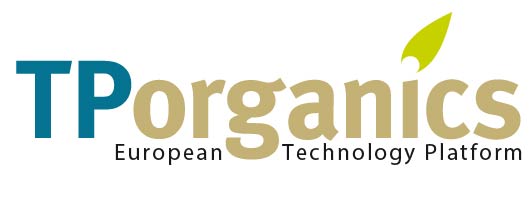
By hosting TP Organics’ secretariat, IFOAM EU contributes to ensure that Research & Innovation (R&I) is making Europe more organic. TP Organics is the European Technology Platform for organic food and farming and plays a key role in highlighting what areas European R&I funding should focus on. The platform unites more than 100 companies, farmers, consumers, civil society organisations and researchers of the organic value chain.
IFOAM – Organics International
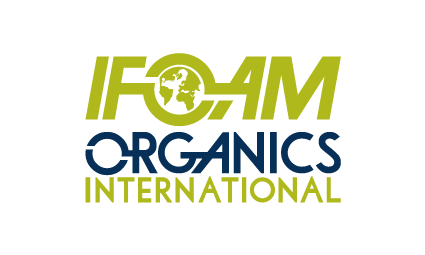
IFOAM EU is one of the regional bodies of IFOAM – Organics International, the global umbrella organisation for organic agriculture. IFOAM EU and IFOAM – Organics International collaborate closely on many important issues.
